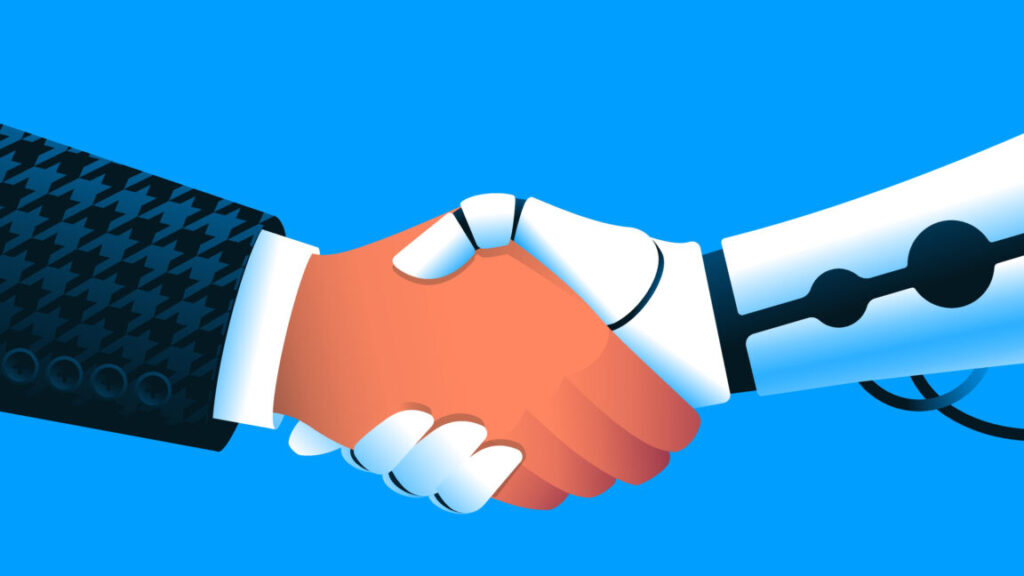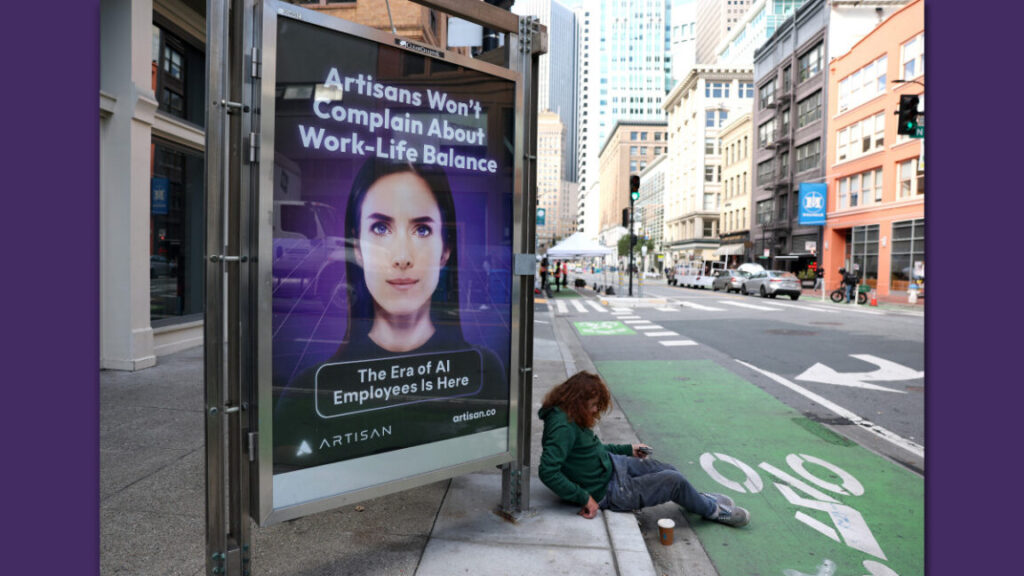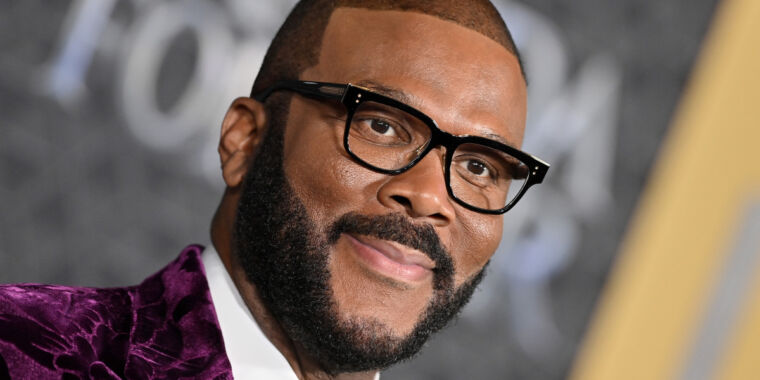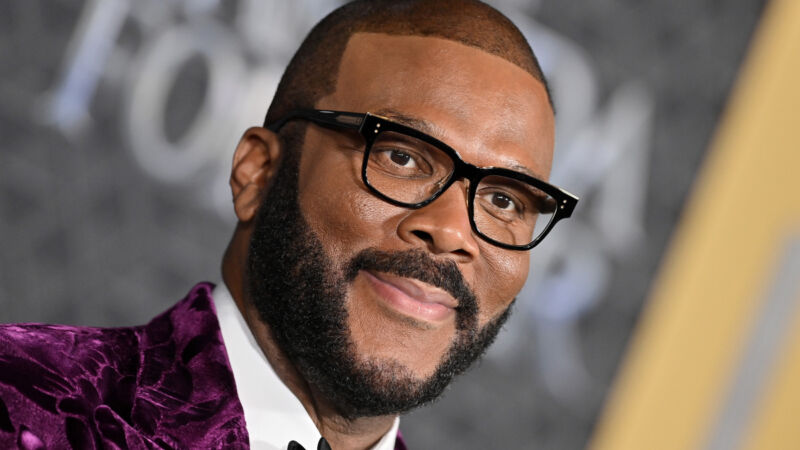AI could create 78 million more jobs than it eliminates by 2030—report
On Wednesday, the World Economic Forum (WEF) released its Future of Jobs Report 2025, with CNN immediately highlighting the finding that 40 percent of companies plan workforce reductions due to AI automation. But the report’s broader analysis paints a far more nuanced picture than CNN’s headline suggests: It finds that AI could create 170 million new jobs globally while eliminating 92 million positions, resulting in a net increase of 78 million jobs by 2030.
“Half of employers plan to re-orient their business in response to AI,” writes the WEF in the report. “Two-thirds plan to hire talent with specific AI skills, while 40% anticipate reducing their workforce where AI can automate tasks.”
The survey collected data from 1,000 companies that employ 14 million workers globally. The WEF conducts its employment analysis every two years to help policymakers, business leaders, and workers make decisions about hiring trends.
The new report points to specific skills that will dominate hiring by 2030. Companies ranked AI and big data expertise, networks and cybersecurity, and technological literacy as the three most in-demand skill sets.
The WEF identified AI as the biggest potential job creator among new technologies, with 86 percent of companies expecting AI to transform their operations by 2030.
Declining job categories
The WEF report also identifies specific job categories facing decline. Postal service clerks, executive secretaries, and payroll staff top the list of shrinking roles, with changes driven by factors including (but not limited to) AI adoption. And for the first time, graphic designers and legal secretaries appear among the fastest-declining positions, which the WEF tentatively links to generative AI’s expanding capabilities in creative and administrative work.
AI could create 78 million more jobs than it eliminates by 2030—report Read More »



